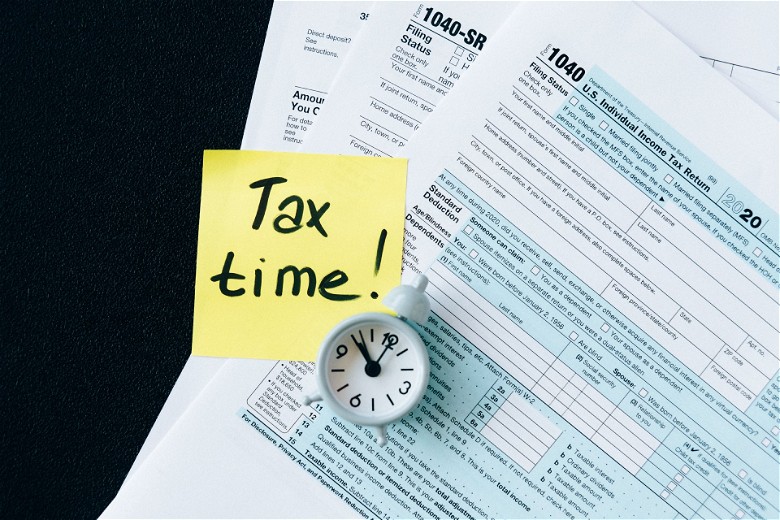
Explore essential tax considerations before leaving Canada! From residency assessments to deemed dispositions, this guide covers it all. Learn about managing departure tax liability, deferring payments, and real estate tax issues. Stay informed for a smooth transition. #TaxPlanning #Emigration
Are you a resident of Canada contemplating a permanent move away from the Great White North, eh? Whether you're chasing the sun for retirement or venturing abroad for work, there's a multitude of factors to consider, especially when it comes to tax implications. Before you embark on your journey, it's crucial to understand the potential tax consequences of your departure and address them with the help of financial, tax, and legal advisors.
Step 1: Residency Considerations Before Departure
Factual Residency
Your residency status in Canada plays a pivotal role in determining your tax liability. If you're considered a factual resident, you're subject to Canadian tax on your worldwide income. To sever these ties, assess your residential connections, including significant ties (home, partner, dependents) and secondary ties (property, social and economic connections, immigration status). Recognizing and breaking these ties before your departure is key to avoiding continued tax residency.
Deemed Residency
If you're a factual resident considering emigration, the deemed residency rule might not apply. However, if you're not a factual resident, spending 183 days or more in Canada during a calendar year could trigger deemed residency, subjecting you to Canadian tax on worldwide income unless tie-breaker rules apply.
Step 2: Income Tax Considerations When You Depart
Deemed Disposition Upon Departure
Upon emigration, you're deemed to dispose of worldwide assets at fair market value, potentially incurring departure tax on accrued capital gains. Understanding which assets are subject to this deemed disposition is crucial, as certain assets may be excluded or eligible for an election.
Registered Plans
For RRSPs, RRIFs, TFSAs, and other registered plans, the tax treatment varies. While there's generally no obligation to close these plans, understanding the tax implications and potential withholding taxes upon withdrawal is essential.
Private Corporations and Trusts
Leaving Canada may impact your private corporation or trust, triggering deemed dispositions and withholding tax obligations. The tax treatment depends on factors like international tax treaties and the nature of the assets involved.
Step 3: Considerations for Managing Tax Liability
Posting Security to Defer Departure Tax
Instead of immediately paying departure tax, you may defer payment by posting security, filing a tax election, and consulting with a tax advisor to navigate this complex process.
Planning Considerations to Reduce Emigration Tax
Strategies such as triggering capital gains or losses, utilizing the principal residence exemption, income splitting, and claiming the lifetime capital gains exemption can help manage departure tax liability.
Real Estate Tax Issues as a Non-Resident
Owning real estate in Canada as a non-resident involves considerations like withholding tax on rental income and notifying the CRA before selling property to avoid penalties.
Navigating the Transition
Leaving Canada involves meticulous planning, especially when it comes to tax implications. Ensuring you're well-prepared for the Canadian and foreign tax consequences is vital for a seamless and financially efficient transition to your new home.
Remember, everyone's situation is unique, and consulting with a tax advisor is crucial to tailor strategies to your specific circumstances. Safe travels on your journey beyond the Great White North!


 Hello! I'm Michael, a 30-year-old travel enthusiast. I have a deep passion for exploring new places, experiencing different cultures, and embarking on thrilling adventures. Through my travels, I've gained valuable insights and helpful tips that I love sharing with fellow travelers. Join me on Touristify.live as I take you on a journey of discovery, providing unique perspectives and inspiring travel experiences. Let's create unforgettable memories together and explore the world one destination at a time!
Hello! I'm Michael, a 30-year-old travel enthusiast. I have a deep passion for exploring new places, experiencing different cultures, and embarking on thrilling adventures. Through my travels, I've gained valuable insights and helpful tips that I love sharing with fellow travelers. Join me on Touristify.live as I take you on a journey of discovery, providing unique perspectives and inspiring travel experiences. Let's create unforgettable memories together and explore the world one destination at a time!